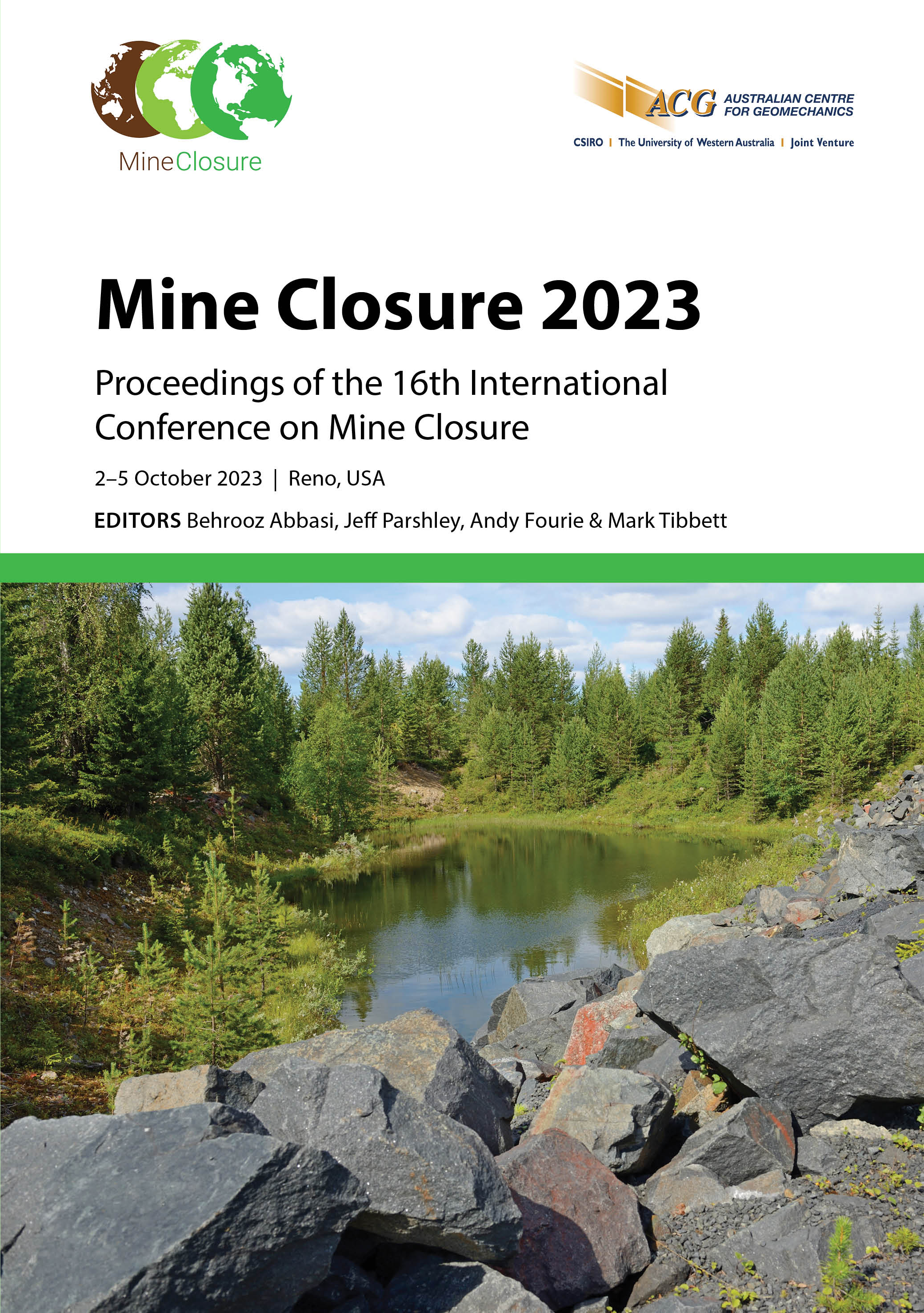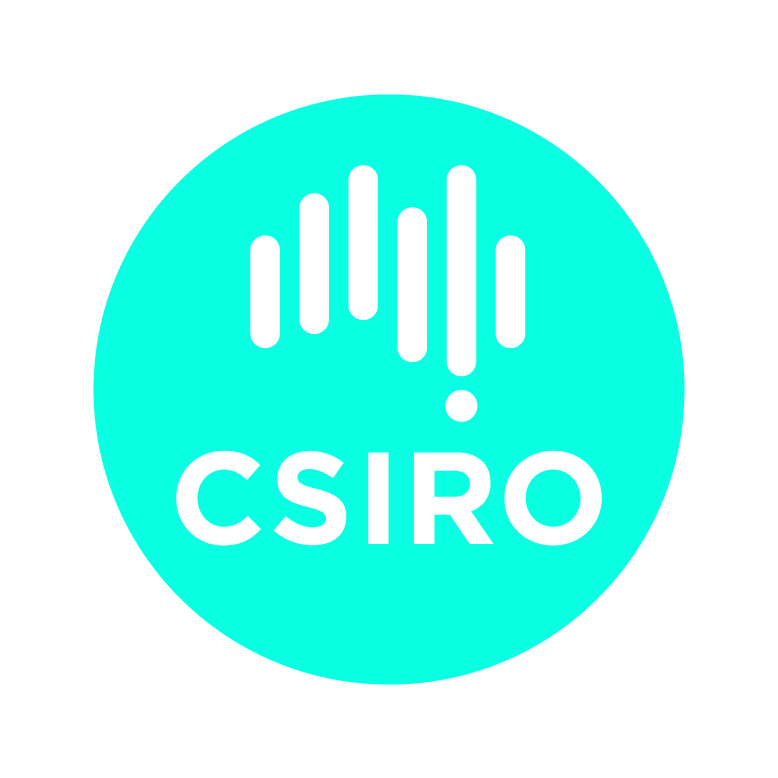Advanced acid mine remediation

|
Authors: Wood, LE |
DOI https://doi.org/10.36487/ACG_repo/2315_056
Cite As:
Wood, LE 2023, 'Advanced acid mine remediation', in B Abbasi, J Parshley, A Fourie & M Tibbett (eds), Mine Closure 2023: Proceedings of the 16th International Conference on Mine Closure, Australian Centre for Geomechanics, Perth, https://doi.org/10.36487/ACG_repo/2315_056
Abstract:
Acid mine water remediation can be a significant challenge for active, closing, or abandoned mines. The usual objective is to sufficiently treat this water so that it can be safely released to the environment. Of the several technologies employed, passive treatment and lime precipitation are the most common. Passive treatment is usually the least costly but frequently not feasible. Lime precipitation effectively removes heavy metals but has the disadvantage of creating large amounts of sludge that is 95% lime and 5% metal for which disposal may be difficult. Additional steps of pH adjustment may also be necessary. Electrocoagulation as an alternative technology has proven effective since before 1900. However, high power cost, unreliable reactors and maintenance difficulties have severely limited its past application. Recent developments have solved its most significant problems of anode passivation, internal sludge buildup, and system maintenance. Sludge generation, which is only about 10% of lime treatment may provide the largest advantage. This sludge is over 50% metal, and its refinement may offset the cost of operation. This paper compares electrocoagulation and lime precipitation for effectiveness and cost.
Keywords: acid mine drainage, water treatment, heavy metals, recovery, electrocoagulation, limestone-lime precipitation, sludge reduction, acid mine water remediation
© Copyright 2026, Australian Centre for Geomechanics (ACG), The University of Western Australia. All rights reserved.
View copyright/legal information
Please direct any queries or error reports to repository-acg@uwa.edu.au
View copyright/legal information
Please direct any queries or error reports to repository-acg@uwa.edu.au
